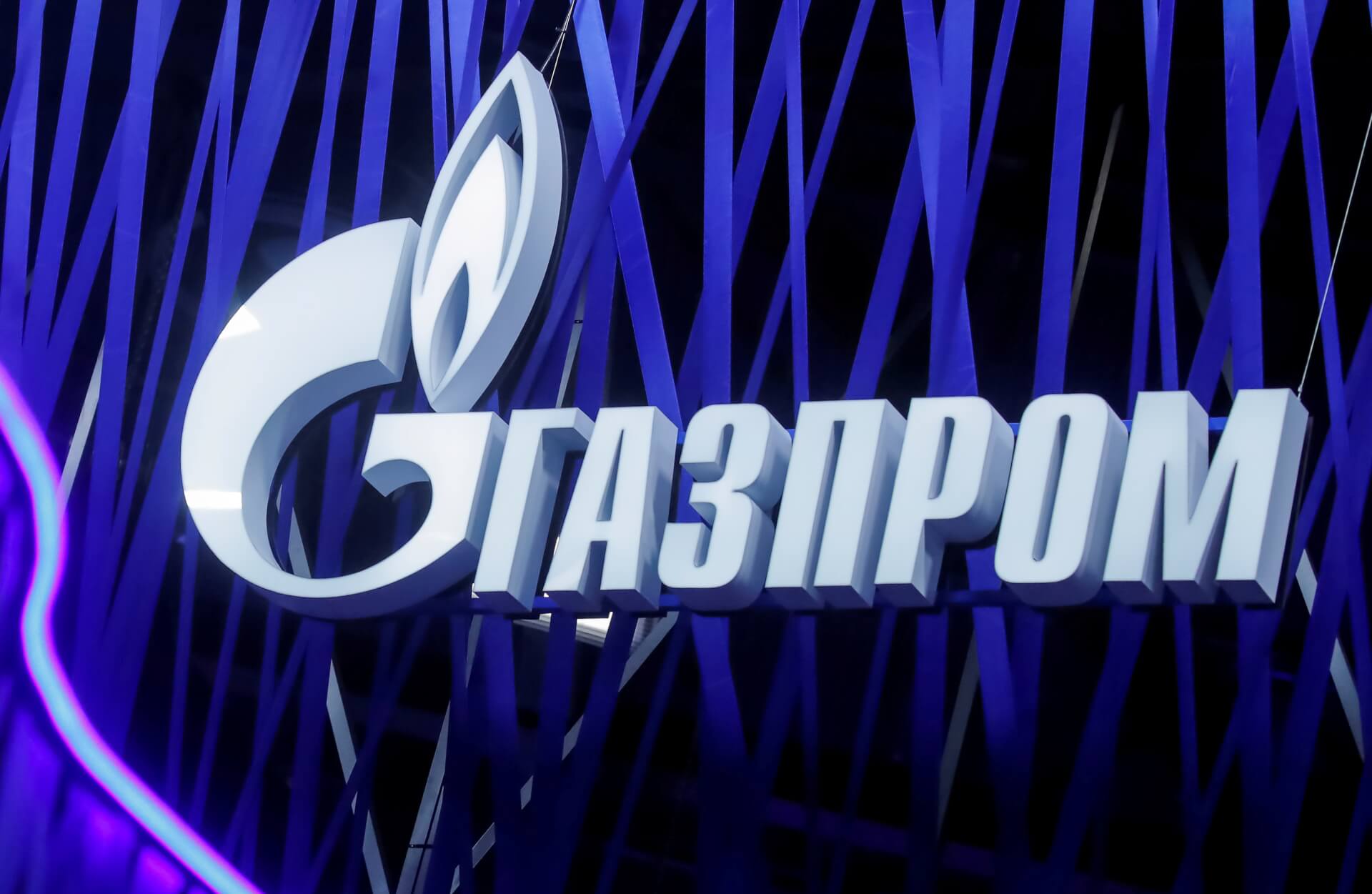On Thursday, the Court of Justice of the European Union (CJEU) ruled in Poland’s favour in the Nord Stream 1 dispute by stating that the European Commission had violated the principle of energy solidarity by exempting Germany’s Ostsee-Pipeline-Anbindungsleitung (OPAL) gas pipeline from the EU regulations that prohibit monopolisation of transmission infrastructure.
The OPAL gas pipeline connects the Nord Stream to Eastern European states, which allows Russian gas giant Gazprom to increase the flow of natural gas from Russia to Germany and establish a monopoly over the pipeline’s capacity. Thursday’s judgement limits the supply of Russian gas to the bloc and restricts Gazprom from operating the OPAL pipeline. Additionally, the Court asked the European Commission to consider risks posed by energy security issues. The judges stated that “the legality of any act of the EU institutions falling within the European Union’s energy policy must be assessed in the light of the principle of energy solidarity.”
While hailing the decision, Poland’s state-run gas operator, PGNiG, said in a tweet: “Poland wins the dispute over OPAL gas pipeline! The Court of Justice of the European Union has ruled that the European Commission violated the principle of energy solidarity by issuing a decision on the OPAL gas pipeline.”
On the contrary, Germany, expressing its displeasure, said that “energy solidarity” is more of a political concept than legal. Likewise, Gazprom said, “We are disappointed by the creation of artificial barriers for an effective usage of investments into the European gas system.” In addition, OPAL Gastransport, based in the German city of Kassel, also regretted the Court’s decision and said, “A decision on the matter whether Poland was actually damaged by the full use of the OPAL by various shippers was expressly not made.”
The pipeline dispute between Germany and Poland dates back to 2016 when the latter challenged the European Commission’s decision to remove the 50% cap on the use of OPAL by Gazprom, citing violation of energy security rules of the bloc and the growing dependence on Russian gas. A case was filed in 2016 when Russian gas giant Gazprom indicated a willingness to double the export of natural gas to Germany via Nord Stream 2. Poland and its gas firm challenged the Commission’s decision on the grounds of energy solidarity and unhealthy competition. Moreover, Poland refused to renew the gas supply deal with Gazprom, which expires in 2022, as Eastern European nations remain unsettled with Russia over its annexation of Crimea in 2014.
Nord Stream 2 has been a point of contention between Germany and other nations, including the United States, since it runs under the Baltic Sea and bypasses Ukrainian pipelines, through which Ukraine collects valuable transit fees. On the other hand, OPAL is a 470-km long pipeline that links the onshore European gas grid with Nord Stream 1. The pipeline has an annual capacity of 36 billion cubic metres of natural gas and runs from Northern Germany to the Czech Republic. It brings gas from Russia to Germany by bypassing regional pipelines, which leads to loss of transit fees.
In 2019, the General Court of the European Union ruled in favour of Poland, which decided to diversify its gas supplies by buying liquified natural gas from allies, including the United States. Consequently, Germany filed an appeal with the Court of Justice against the Court’s ruling that invalidated the EU’s decision to allow Gazprom to increase gas supply to the bloc via OPAL. However, the European Court upheld its position and ruled in Poland’s favour. The final judgment limits Gazprom’s monopoly over the pipeline’s total capacity and has simultaneously established the importance of the principle of “energy solidarity.”
The court’s judgement will also strengthen the Union’s internal market and energy security. The president of the management board of Poland’s state-run gas company PGNiG SA, Paweł Majewski, expects the energy solidarity principle to be applied to the Nord Stream 2 project. The proceedings concerning Nord Stream 2 AG’s application for derogation from the EU law are pending before the Higher Regional Court in Düsseldorf. PGNiG is an active participant in the proceedings and cooperates with the Polish government in the case.
European Court Sides With Poland On Nord Stream Pipeline Dispute With Germany
Top European Court sided with Poland over the gas pipeline dispute with Germany and rejected Germany’s appeal to boost the supply of Russian gas, citing threat to regional security.
July 19, 2021

SOURCE: REUTERS
